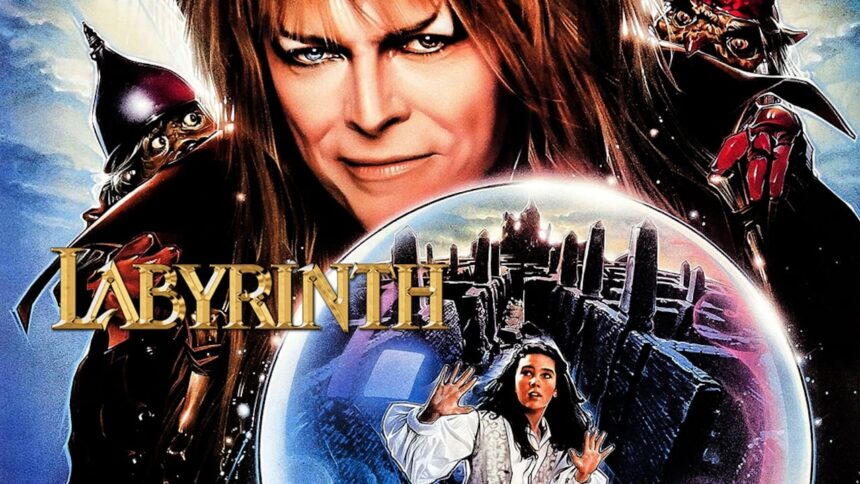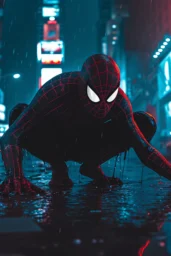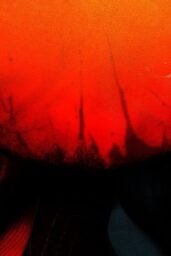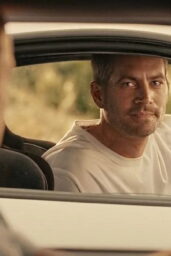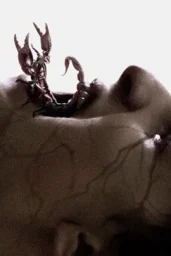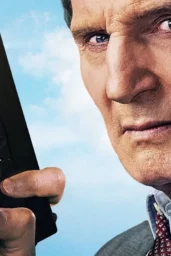Imagine stepping into the shadow of a towering, labyrinthine maze, where the boundaries between fantasy and horror blur. Fresh from the gothic revival of “Nosferatu,” director Robert Eggers is rumored to be taking the helm of another beloved classic, “Labyrinth.” This isn't just a remake; it's a renaissance, blending the dark, enigmatic style of Eggers with the whimsical fantasy of Jim Henson's original 1986 masterpiece.
The Legacy of “Labyrinth”: Originally directed by Jim Henson, “Labyrinth” was a treasure trove of imagination, with David Bowie's charismatic portrayal of the Goblin King Jareth and Jennifer Connelly's journey through a fantastical maze to rescue her brother. Despite its initial commercial struggle, it has since grown into a cult classic, celebrated for its imaginative landscapes, memorable characters, and Henson's signature puppetry.
Eggers' Vision: Robert Eggers, already known for his meticulous attention to historical detail and dark, mythic storytelling as seen in “The Witch,” “The Lighthouse,” and his recent “Nosferatu,” brings a unique lens to “Labyrinth.” His films are not just movies; they are experiences, where every frame feels like peering through a dusty, ancient window into another era. The prospect of Eggers reimagining this fairy tale with his penchant for the macabre suggests a “Labyrinth” where the shadows are deeper, the stakes more chilling, and the magic possibly more haunting.
A New Beginning: The partnership with Sony Pictures and the Jim Henson Company promises to blend Eggers' gothic horror with Henson's legacy of fantasy. This could mean a rebirth of the narrative, potentially focusing on the psychological and emotional journey through the labyrinth, rather than just the physical one. Eggers might delve into the psyche of Sarah, exploring themes of loss, adolescence, and the confrontation with one's fears in a way that only he can – with an eerie, atmospheric touch.
Previous Attempts: The journey to revive “Labyrinth” has been fraught with attempts. Screenwriter Nicole Perlman and director Maggie Levin both had projects in development, but neither moved forward. This history suggests that Eggers might be the one to finally bring this vision to fruition, given his track record of transforming expectations into cinematic art.
Cinematic Implications: With “Nosferatu” showing strong box office performance, Eggers' approach to “Labyrinth” could redefine fantasy films by infusing them with genuine terror and profound narrative depth. This could be a pivotal moment for fantasy cinema, where the genre doesn't shy away from the darker aspects of storytelling.
As we stand on the brink of this new “Labyrinth,” one can only speculate on the wonders and horrors that await. Eggers has the potential to not only honor the original but to push the boundaries of what a fantasy film can be, turning it into a meditation on the human condition wrapped in the guise of a fairy tale.
Personal Impressions: Eggers' involvement in “Labyrinth” feels like a perfect match of director to material. His ability to craft stories that linger in the mind, much like the mists of a haunted grove, could give new life to this tale. However, the challenge will be to maintain the heart of Henson's work amidst the darkness Eggers might introduce. If successful, this could be a landmark film in both directors' legacies.
Do you think Robert Eggers can transform “Labyrinth” into a horror-fantasy classic, or should some stories remain untouched by modern reinterpretation? Share your thoughts below.

